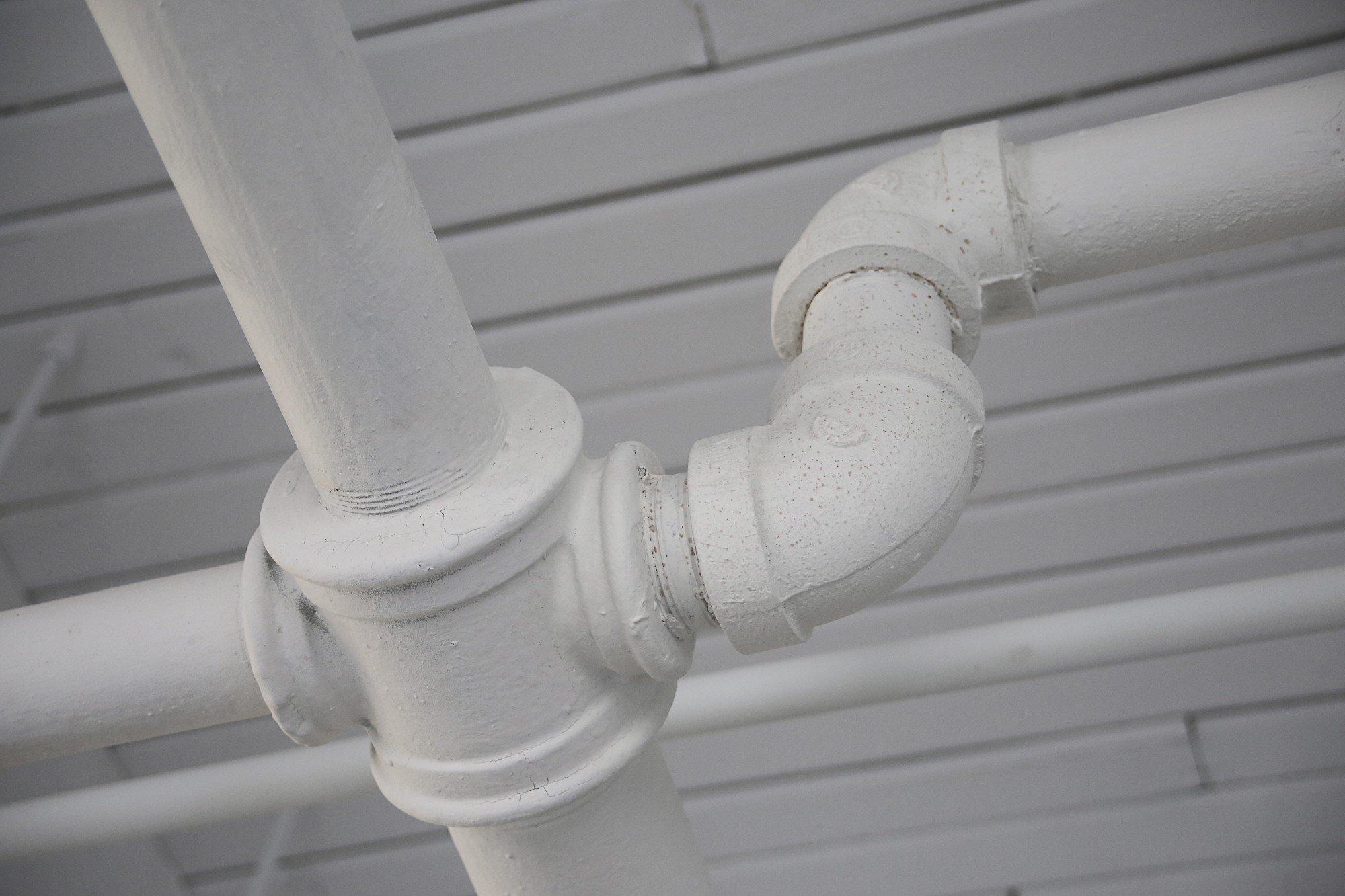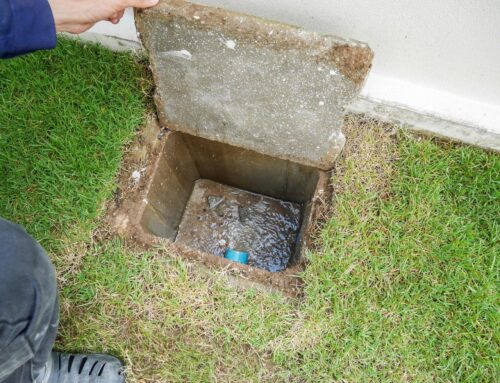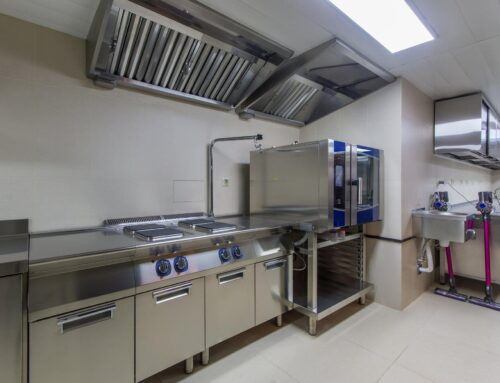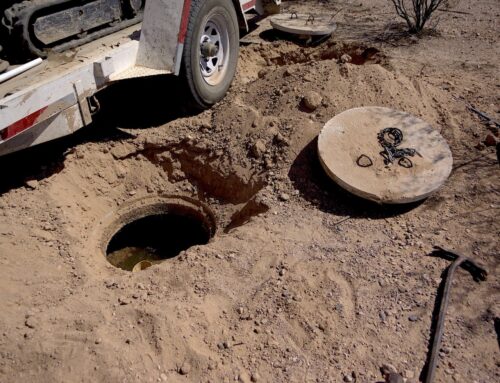Certain aspects of homeownership tend to fade into the background, often overlooked or taken for granted. One such element of residential living is the wastewater management system.
While it might not be the first thing on a homeowner’s mind, the way your property handles and disposes of wastewater is a critical component of maintaining a healthy and functional home.
In this blog post, we will highlight two integral players in this arena: the cesspool and the septic tank. We’ll highlight the basics of each system and their pros and cons, allowing you to choose the right plumbing system for your home.
Understanding Cesspools
Let’s start with cesspools. A cesspool, also known as a cesspit, is a simple underground chamber that collects and stores wastewater. Unlike septic tanks, cesspools lack the sophisticated treatment processes that break down solid waste.
They essentially serve as holding tanks, allowing liquid waste to seep into the surrounding soil through porous walls. Cesspools are common in areas where soil conditions permit adequate drainage.
Pros of Cesspools
Now, let’s explore why cesspools might find favor among homeowners. From their cost-effective installation to adaptability to specific soil types, these advantages shed light on the practical benefits that come with choosing a cesspool system for liquid waste disposal.
Cost-Effective Installation
Cesspools have a notable advantage in terms of affordability. Their installation tends to be simpler and less resource-intensive than that of septic tanks, making them a cost-effective initial investment for homeowners mindful of their budget. That said, it’s also crucial to weigh this financial advantage against potential long-term maintenance expenses.
Suitable for Permeable Soil
The adaptability of cesspools shines in areas blessed with permeable soil. When the soil allows liquid waste to effortlessly permeate its layers, cesspools prove to be an efficient solution for waste disposal. This compatibility with specific soil types, such as permeable soil, enhances their appeal, particularly in regions where drainage is optimal, facilitating the natural filtration of wastewater.
Cons of Cesspools
On the flip side, understanding the limitations and potential drawbacks of cesspools is crucial. Although they may be a viable solution for waste management, it is important to understand their limited treatment capabilities and potential environmental concerns. Homeowners should take a comprehensive approach when considering the best waste management solution for their properties by evaluating both the pros and cons of cesspools.
Limited Treatment
While cesspools efficiently collect liquid waste, their drawback lies in the limited treatment they provide. Unlike septic tanks with comprehensive bacterial breakdown processes, cesspools primarily serve as storage units. This lack of substantial treatment necessitates more frequent pumping and maintenance, which could potentially offset the initial cost savings in the long run.
Environmental Concerns
When not adequately maintained, cesspools pose a risk to the environment. Improperly functioning cesspools can allow untreated wastewater to infiltrate the surrounding soil, potentially contaminating groundwater. This environmental hazard underscores the importance of vigilant maintenance practices to mitigate any adverse impact on the ecosystem.
Septic Tanks
Now, let’s shift our focus to septic tanks. A septic tank is a more advanced wastewater management system that involves a two-stage process for treating household sewage. It consists of a large underground tank connected to the house’s plumbing system.
With a septic tank household wastewater flows into the septic tank, where it undergoes primary treatment. Solid waste settles to the bottom, forming a layer of sludge, while lighter materials like grease and oils float to the top, forming scum.
The liquid layer between the sludge and scum undergoes further treatment by naturally occurring bacteria. These bacteria break down and digest the organic matter, partially treating the wastewater.
The partially treated liquid, known as effluent, exits the septic tank and enters the drainfield, where it undergoes further purification as it percolates through the soil.
Pros of Septic Tanks
Here, let’s explore the distinctive advantages that make them a favored choice among homeowners.
Effective Wastewater Treatment
Septic tanks shine in wastewater treatment, employing a two-stage process. Solid waste settles to form sludge, and naturally occurring bacteria break down organic matter in the liquid layer, ensuring a thorough purification process.
Environmental Benefits
Septic tanks contribute to environmental preservation by releasing treated water into the soil. This eco-friendly approach minimizes the risk of groundwater contamination. This aligns with sustainable living practices and makes septic tanks an environmentally responsible choice.
Cons of Septic Tanks
On the other hand, understanding the considerations and potential drawbacks of septic tanks is essential for a comprehensive assessment of their suitability.
Higher Initial Costs
Despite their advantages, septic tanks come with a higher initial price tag compared to simpler systems like cesspools. Homeowners need to weigh these upfront costs against the long-term benefits of efficient wastewater treatment.
Regular Maintenance Required
Ongoing maintenance is a critical aspect of septic tank ownership. Periodic pumping to remove accumulated sludge is necessary to ensure the system’s continued functionality. This adds a recurring responsibility for homeowners to consider in their decision-making process.
Making the Right Choice
Making the right choice between a cesspool and a septic tank hinges on a few key considerations. Assessing the permeability of your property’s soil is paramount, as cesspools thrive in well-draining areas, while septic tanks offer more versatility. Budget considerations play a role, too, with cesspools offering initial cost savings but potentially higher long-term maintenance expenses.
Local regulations and permitting requirements should also not be overlooked. Some areas may have specific guidelines influencing the choice between a cesspool and a septic tank. By taking these factors into account, homeowners can make an informed decision that aligns with their property’s needs, budget constraints, and local regulations, ensuring a reliable and sustainable waste disposal system for years to come.
The Bottom Line: Cesspool vs Septic Tank
In conclusion, homeowners’ choice between a cesspool and a septic tank is pivotal, impacting both functionality and sustainability. Understanding the nuances of each system, considering soil conditions, budget, and local regulations, ensures a well-informed choice tailored to your property’s needs.
For those seeking expert advice and assistance in plumbing systems, including cesspool vs. septic tank decisions, it is wise to contact ACE Disposal in Malvern, PA. Contact our team today to learn more about your plumbing options.







